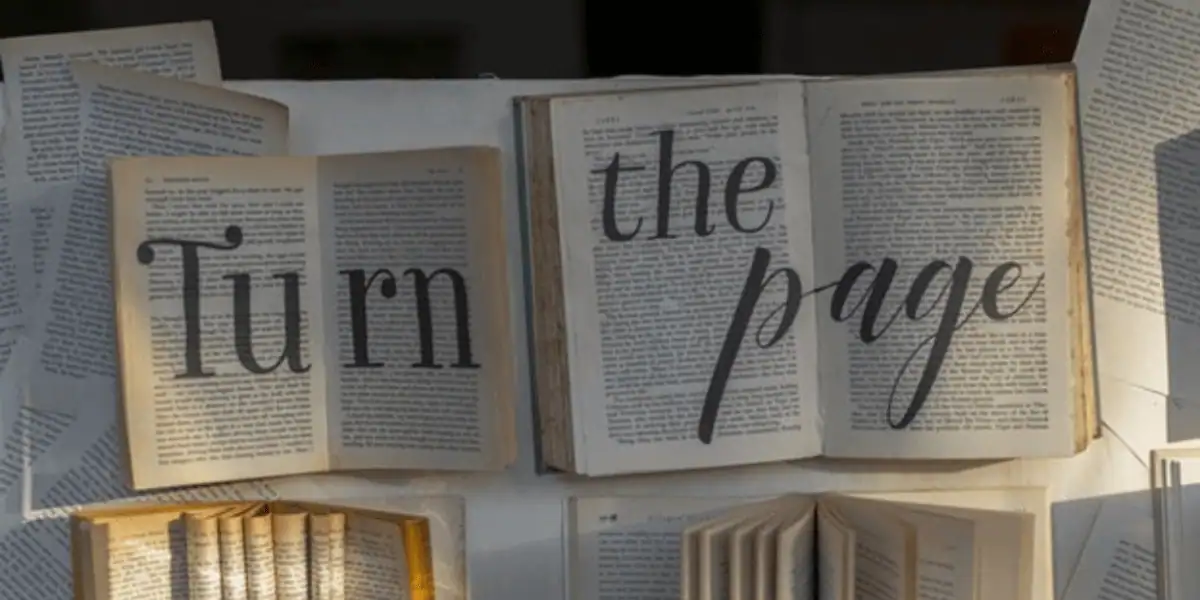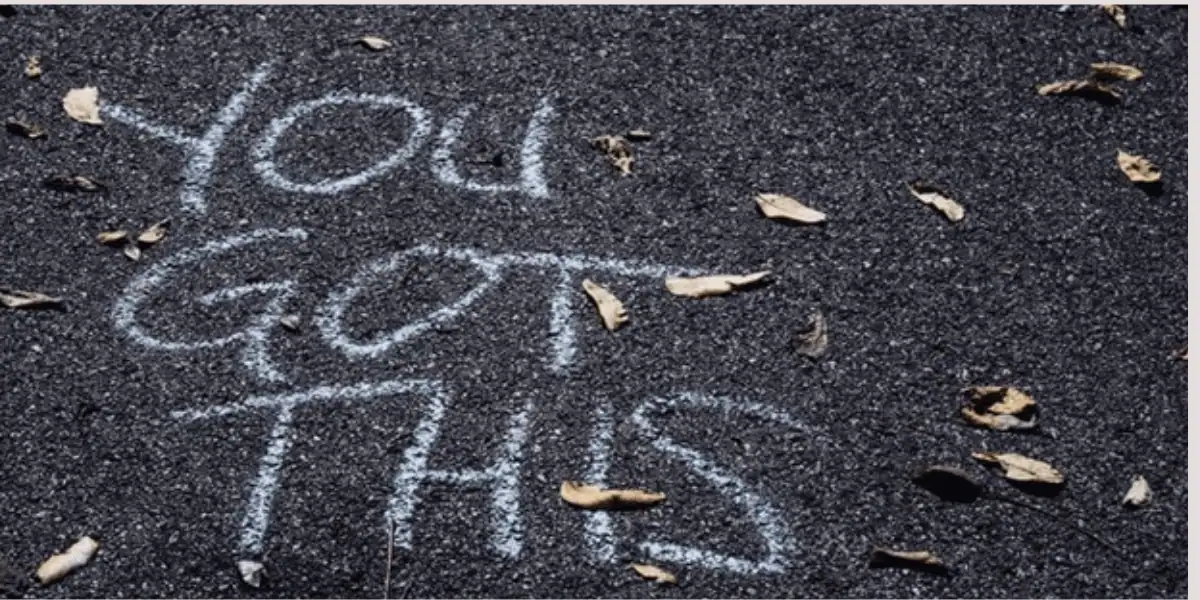Why Telling Your Story Makes You a Superhero

Posted On : 22nd September 2022
What's Missing from the Shiny Bio: Your Story
One thing hiding behind the gaps in a person's resume or LinkedIn profile is...the person. True, a resume or LinkedIn profile will show you what dates a person worked in a particular role and what they did, but it doesn't show you the person behind that information..
It doesn't show you that Person X nearly lost it all because they were laid off from their job or that Person Y jumped to a new career because they needed a job near their home. It doesn't show you that Person Z is stronger and wiser because they rebounded from a career setback that would have stopped many.
Those profiles don't show the story. They only show the data...so we hide our stories.We assume that we're the only person going through this situation or that a temporary situation is a permanent definition of our life.
We assume because we don't know.
Being Comfortable with the Story
The story of a person's journey through life and career is so powerful because it contains more than just information. It provides context. That's why interviews are so important. They showcase the information with context and personality.
It's one thing to read that a person left Company X because they were laid off. It's another thing to hear that a person received the pink slip on the day of their birthday after they just bought an expensive watch...and learned that you should always pay attention to a business' signals as a result.
Yet, many of us don't tap into this power of story.
We don't share because we feel that people don't care. We believe that our story doesn't matter. We feel embarrassed to admit that we lost or failed or made a mistake.
Yet...mistakes and failures are how we learn.
Mistakes & Stories: Why We Learn Best After, Not Before
The good news is that you can't make the same mistake forever. Humans are built to learn from situations, patterns, and stories. We adapt and learn. The bad news is that your knowledge is limited. We can only truly learn after we encounter something. While it's true that we can read or research something, it doesn't take the place of actually learning a failing.
For example I could read about fixing a clogged toilet, but I won't become good at fixing clogged toilets...unless I start fixing a lot of clogged toilets!
Why It’s Important to Share Our Stories
Here's what I'm getting at. There's only so much one human can hold. You might be an expert unclogger of toilets, but you will encounter many things that you are not an expert at (like making designer cupcakes or having a baby)
Because we can only experience and learn so much, we rely on the stories of others. They help extend our knowledge.
Stories also help us connect. As humans we aren't just computers who take in information. We are social beings that learn from and with other people.
So, the key wisdom here is this: Do not be ashamed of your story or your journey. Realize that your journey is your story and that story belongs to you.
Tips for Sharing Your Story
Shawn Simons is a burn survivor who fully embraces the superpower of telling and owning your story. Rather than hide the story that led to his scars, he openly tells other people. In fact, he did more than just start telling his story, he became an advocate and started his own business around that advocacy.
Shawn learned that he could hide his story. He had every right to. There were many factors that led to the tragic event that burned his dorm room down, which were not Shawn's fault.
Yet, he owned the experience anyway. He accepted what happened and adapted. After he adapted, he began telling himself a different story. Rather than retelling a "victim's" story, he recast him as a survivor.
Shawn began sharing his story from the "survivor" lens and began to transform the lives of people...people who didn't go through what he went through but needed encouragement to go through their own obstacles,
Here's some tips Shawn Simons share on how he made the transition from victim to survivor to advocate:
1. Be patient. Give yourself time to heal and process what happened. Don't be in a rush to tell your story until you have come to terms with it.
2. Share carefully. Only share what you feel comfortable sharing and what you feel is appropriate to your audience.
3. Start slowly. Start off by telling your story to a small audience that you feel comfortable with. Slowly expand to a larger audience if you feel that your story could help.
The Bottom Line: Our Stories Change Lives
Hopefully, the above 3 tips and advice can help you understand the impact of telling you story. The more stories that are out there the more wisdom there is in the world. That wisdom could be just the spark that transforms someone's life..so they can tell a different story to themselves and possibly change their destiny.
There is power in your story.
There is wisdom in your journey.
Latest Post


The Battle Between Money and Heart Why We are Confused about Dream Jobs
22nd September 2022

Changing Your Story Why an Eraser is Your Best Therapy Weapon
22nd September 2022
Becoming Superheroes Why Limitations Should not Stop Your Purpose
22nd September 2022

Build your network BEFORE you need it! Learn how.
VIEW FREE COURSE